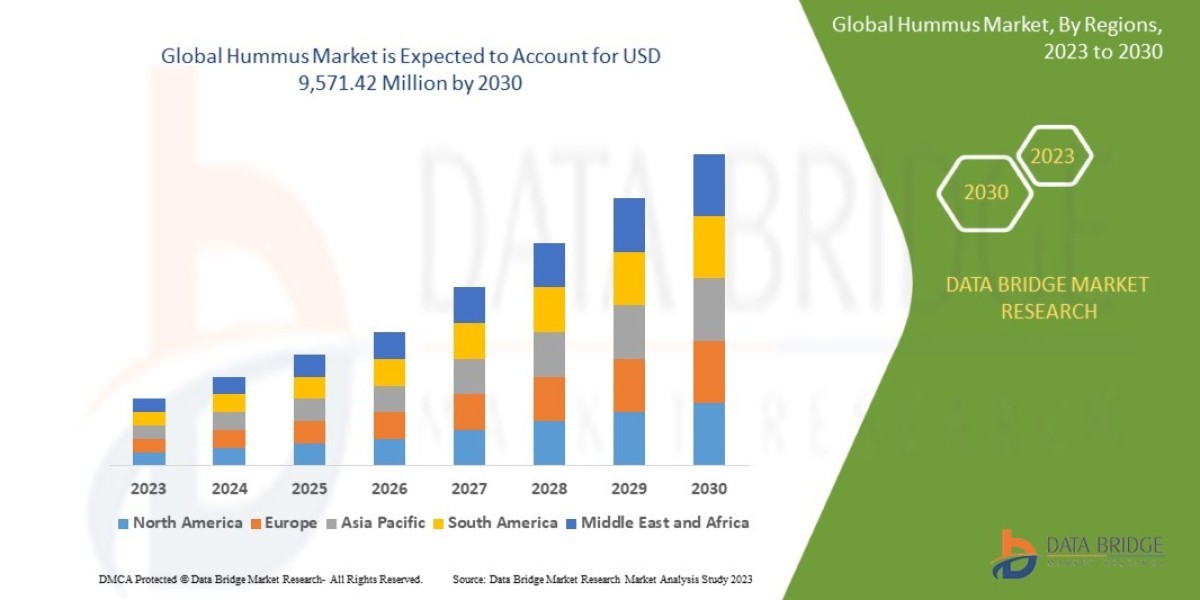Despite being a mature technology, the relational database market is experiencing a period of renewed and vigorous expansion, a dynamic fueled by the dual forces of digital transformation and the architectural evolution of the technology itself. The most significant factor driving the Relational Database Market Growth Rate is the ongoing explosion of data generated by digital business initiatives. As companies of all sizes embrace e-commerce, develop mobile applications, and deploy IoT devices, they are creating unprecedented volumes of structured data—customer profiles, transaction records, sensor readings, and more. All of this data needs to be stored, managed, and analyzed in a reliable and performant manner, and the relational database remains the most trusted and well-understood tool for this purpose. The Relational Database Market size is projected to grow USD 229.83 Billion by 2034, exhibiting a CAGR of 12.5% during the forecast period 2025-2034. This growth is therefore not just about new companies adopting databases, but about existing users dramatically scaling up their data footprint, requiring more powerful database instances, expanded storage, and additional licenses or cloud consumption to keep pace with their data-driven business models.
A second powerful catalyst for the market's growth is the massive and accelerating migration of database workloads to the cloud. The advent of cloud-based relational Database-as-a-Service (DBaaS) offerings from hyperscalers like AWS (with its RDS and Aurora services), Microsoft Azure (with Azure SQL), and Google Cloud (with Cloud SQL) has fundamentally transformed the market. These managed services have drastically lowered the barrier to entry and the operational overhead associated with running a high-performance relational database. The cloud offers compelling advantages, including elastic scalability (the ability to scale compute and storage up or down on demand), automated backups and patching, built-in high availability and disaster recovery, and a flexible pay-as-you-go pricing model. This value proposition is so strong that it is driving a massive wave of migration, as companies move their existing on-premise Oracle, SQL Server, and MySQL databases to the cloud. This migration not only represents a shift in spending but also a significant expansion of the market, as the ease of deployment encourages the creation of new data-driven applications.
The growth rate is also being significantly fueled by continuous innovation within the relational database technology itself, particularly in the open-source community and through the development of new, cloud-native architectures. Open-source relational databases like PostgreSQL and MySQL have seen a massive surge in popularity due to their robustness, vibrant communities, and freedom from vendor lock-in. The development of a rich ecosystem of enterprise-grade extensions and managed services around these open-source platforms has made them a viable and attractive alternative to proprietary databases for even the most demanding workloads. Concurrently, a new generation of "NewSQL" or "Distributed SQL" databases has emerged, which combine the scalability and resilience of NoSQL databases with the strict consistency and familiar SQL interface of traditional relational databases. These cloud-native relational databases are designed to run on distributed clusters of commodity servers, offering unprecedented levels of scale and fault tolerance. This wave of innovation is reinvigorating the market, addressing the historical limitations of traditional relational databases and making them suitable for a new class of large-scale, globally distributed applications.
Top Trending Reports -
South America Transportation Management Systems Market








